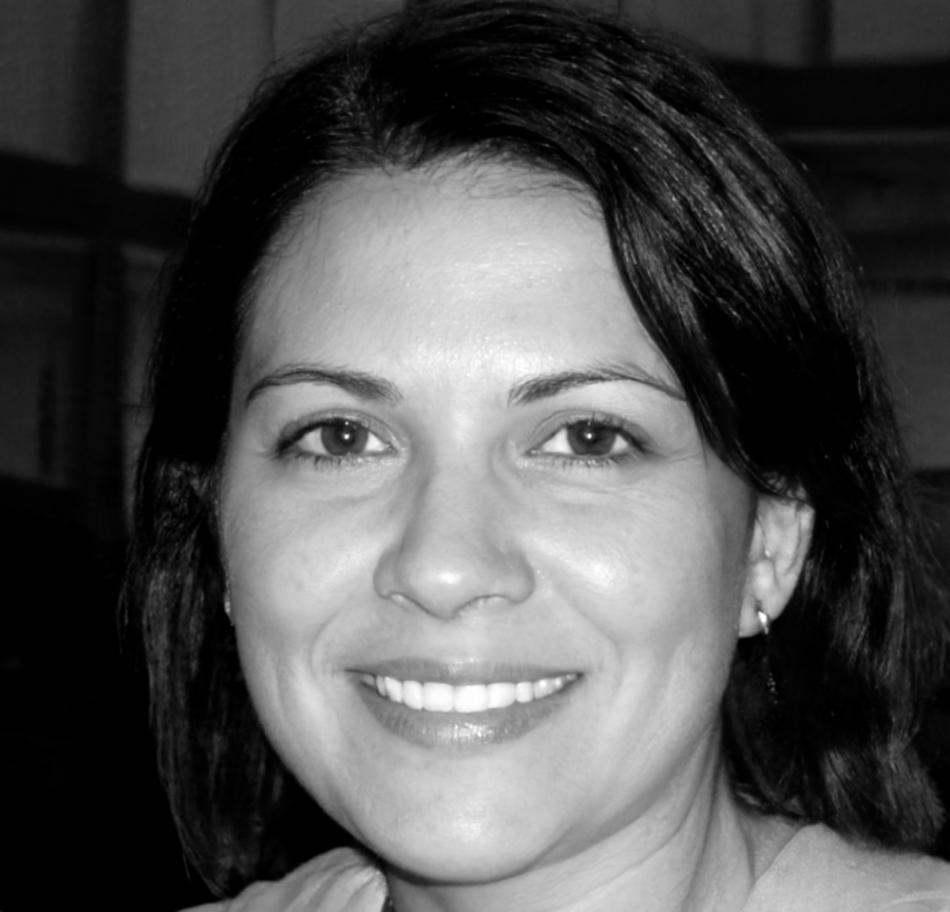Trading Education That Actually Works
We don't believe in shortcuts or magic formulas. Our approach to teaching financial statement analysis comes from years of working with real Bangkok-based traders who needed practical skills, not theory.
Discuss Your Learning GoalsContext Before Complexity
Most courses throw financial ratios at you on day one. We start differently—by showing you why companies report what they do, and what those reports actually mean in the Thai market context.
You'll spend your first sessions understanding business models. A property developer in Phuket reports differently than a manufacturing company in Rayong. Once you see the business logic, the numbers start making sense.
We built this method after watching too many students memorize formulas without understanding what they measured. That approach fails when markets shift.


Work With Actual Reports
Every session includes time with real company filings from the Stock Exchange of Thailand. Not simplified examples—the actual quarterly and annual reports that professional analysts review.
You'll learn to spot inconsistencies, identify trends, and understand what management isn't saying directly. This takes practice, and we give you plenty of it.
By October 2025, when our next cohort begins, you'll have access to our collection of 150+ annotated company reports spanning multiple industries and market conditions.
Who Teaches This Course
Experience matters when you're learning to interpret complex financial data

Siriporn Vichaikul
Senior Financial Analyst & Lead Instructor
Siriporn spent twelve years analyzing Thai equities for institutional clients before joining our teaching team in early 2024. She specialized in consumer and industrial sectors, which means she's seen how different business models show up in financial statements.
What sets her teaching apart? She doesn't just explain what metrics mean—she shows you how professional analysts actually use them. The shortcuts, the warning signs, the context that textbooks leave out.
Her sessions focus heavily on pattern recognition. You'll learn to scan a balance sheet and immediately know where to look deeper. That skill only comes from repetition with real examples, and she brings hundreds of them.
How Sessions Actually Run
No lectures longer than 20 minutes. Most of your time is spent doing the work.
Small Group Discussion
Classes max out at eight people. You'll have space to ask questions and work through confusion in real-time without feeling lost in a crowd.
Guided Analysis Practice
Each session includes structured practice with company reports. Siriporn walks around, looks at your work, and corrects misunderstandings before they become habits.
Industry Context
You'll learn how to adjust your analysis based on sector. Banks need different scrutiny than retailers. Tech companies report differently than manufacturers.

Next Cohort Starts October 2025
We're taking registrations now for our autumn program. Sessions run Tuesday and Thursday evenings at our Dusit location, with optional Saturday workshops for deeper practice.
View Full Program Details